Dear Readers, I am holding a flash sale this week.
Yearly memberships will be priced at £35.00
That works out at just under £3.00 a month.
My dispatches will always be free and open to everyone. If you have the means and believe in paying for good writing, please consider becoming a paid subscriber. Your contributions go towards my care.
Before we start, a message from Zadie Smith:
Attention nonfiction writers, journalists, critics! The @silversfound is now accepting applications for the 2024 Silvers Grants for Work in Progress. Apply for support of up to $10,000. For more info, please visit our website www.silversfoundation.org/grants/
I wondered if we would ever do this again. Sachin, Carlo, Kier and I watching a Manchester United game in my living room. The dog barking randomly, knocking things over with its tail. Pizza on its way. Not unexpectedly, Wolves have equalised in the 93rd minute. Before my injury, we gathered like this every week. I’m in a wheelchair now, the boys on the sofa beside me, their feet on the coffee table, and we’re threatening never to watch this crappy team again, which has become part of the ritual.
When I was a kid in the sixties, it was more or less impossible to watch football unless you went to the ground. There was barely any football on television. We could watch the World Cup, the Cup Final and other glamour games, but it was impossible to follow your team’s progress week by week, like we do now. Recently, looking through my diary of that time, I notice that among the five or six books a week that I read, many were autobiographies or biographies of sport stars, mainly footballers and cricketers.
At home, we received The Daily Express and The Guardian every day, and on Sunday The Observer, and my grandfather’s favourite, The News of the World. I was a big fan of sports writing and would enjoy reading accounts of football matches. My father had been a sports journalist, and my uncle, Omar Kureishi, was a famous cricket commentator in Pakistan, who had been, briefly, manager of the Pakistan cricket team, making Imran Khan captain.
My maternal grandfather, Edward Buss, who ran a second-hand antique and junk shop on Chatterton Road, Bromley, had several televisions piled up on top of one another. Only one of them seemed to work, and since he had obtained it from a fish and chip shop, when it warmed up, it gave off an awful smell of rancid oil. The picture was black and white and fuzzy, and to get it going would require several bangs on its side and considerable manipulation of the aerial. Although we could only vaguely make out the shape of the game, you couldn’t really see the ball or the footballer’s faces.
In 1992, the French footballer Eric Cantona left Leeds United and was transferred to Manchester United for a fee of one million pounds. I can remember reading somewhere that Cantona had been in Lacanian analysis, which he claimed had been essential to him. He compared it to “having an oil change.” I was already mesmerised by this original man, who would take an easel and canvas out onto the pitch after training and paint the view. This new knowledge accelerated my interest in him. After all, how many footballers have had psychoanalysis?
For the first time, since the 1960s, when I had vaguely followed Spurs, I became interested in football again. As I didn’t have any mates to watch the games with, I would go to the pub on my own, sit on a stool with a pint of Guinness, and stare up at one of the screens, giving myself a neck ache. I had barely been to Manchester, I knew nothing of the city or its people, but I learnt all I could about Cantona, his teammates, and the boss who loved him, the imperious Alex Ferguson.
The nineties was a relatively optimistic period in Britain, and Ferguson was building a great young team. Scholes, Giggs, Beckham, Keane, the Nevilles, Butt - known as the class of 92. In 1999, I was sitting in The Curtains Up, watching the replay of the FA Cup semi-final against Arsenal. Near the end of the game, we were down to ten men when Giggs picked up a loose ball in his own half, charged through the Arsenal defence and scored. He removed his shirt, swinging it above his head, and ran the length of the pitch in celebration.
Over the next few years, I followed the team fervently, and when I moved briefly to Richford Street, off the Goldhawk Road, there was a pub called The British Prince on the corner, which has now become an estate agents. It was literally ten yards from the house, which was convenient. And so, when I was babysitting at home, I could nip into the pub, watch a match for half an hour, and scoot back to the house to ensure my sons hadn’t died in a fire.
In the early 2000s, when the kids were older, and the matches were played on Saturdays at lunchtime, I would take them into the pub to watch some of those famous matches, when our rivalry with Arsenal was at its peak. The pub was full of smoke and drunken people, often violent, loud and rude. Carlo’s first memories of Manchester United were made on those premises, watching Ruud van Nistelrooy, Manchester United’s brutal number nine, batter defences and score his goals.
Later, I would go to The Grove on Hammersmith Grove, with my ten-year-old, Kier, on Sunday lunch time. Kier would eat spring rolls and ice cream and we’d watch the matches together. By now, pubs in the area were gentrifying, they were serving food, mostly to middle-class young couples, and smoking was banned. This was the era of Cristiano Ronaldo, Rooney and Tevez, the most formidable front three in the league.
Around this time, I took the twins to Paris. They were young teenagers now, and becoming distant, difficult and sarcastic. I couldn’t keep their attention. On the Eurostar, they snatched the notebook in which I jotted down my everyday observations and drew a series of swollen penises. This notebook is now in the British Library. Fortunately, Manchester United were on a fantastic run in the Champions League, beating Roma three nil on aggregate. You can feel as if you are losing your kids when they become teenagers. They resent your authority and reject the mutual dependency you previously had. But my communication with the boys was saved by our connection to football – all of us luxuriating in the success of the team we loved.
Sunday mornings were terrible, driving the boys, and one or other of their friends, to an obscure football park in west London. There was no GPS in those days, I had an A to Z on my knee, and would stop for frequent fag and joint breaks en route, arriving at half time, much to the chagrin of the manager. I’d stand on the touchline in the freezing cold next to the other parents, who could be absolute scum, screaming vile abuse at the ref, and sometimes getting into actual fights. The desolation of middle-age; wondering if the best is over.
In 2011, I was at the San Sebastian film festival in Spain, promoting my film Le Weekend. I found a little empty bar that was showing the Manchester United-Manchester City match. I sat there alone, horrified to see us lose 6-1 to our crosstown, up-and-coming rivals. Sir Alex Ferguson retired a year later, appointing the dismal David Moyes as his successor. I was living alone in my house, Kier and his mother having left - taking much of the furniture with them - and the twins were away at university.
Since Ferguson left, following Manchester United has been a sorry tale of despair and defeat. My sons and I have continued to support our team, though my youngest son, Kier, has lost interest in football and become a vegan.
The decline of Manchester United has mirrored the way we feel about the country, in its waste and aimlessness, and the sense that what is gone is gone, nothing can be repaired now. Where other great teams like Arsenal and Liverpool halted their relative declines, Manchester United have failed to recover from the loss of their charismatic leader.
As Carlo and I talk through these memories, which are also family memories, we can measure out our lives in games and goals, tracking where we were, and what we were doing. The story of Manchester United is also our family’s story. We align ourselves with our heroes, with those, like Cantona or Giggs, who might suddenly do extraordinary things in moments of transcendence. During those ninety minutes, you are, if you are lucky, entirely in the present, nowhere else but where you are – exonerated from the pettiness of everyday life.
It's the 97th minute of the Wolves game and the boys are putting on their shoes, readying to go home. Kobbie Mainoo, our eighteen-year-old midfielder – who I like to remind the boys is far younger than them, and earns considerably more – picks up the ball on the edge of the opposition’s box, nutmegs a defender and slots home, winning the game in the last second. Our threats to never to watch a game are retracted. We will back here next week.




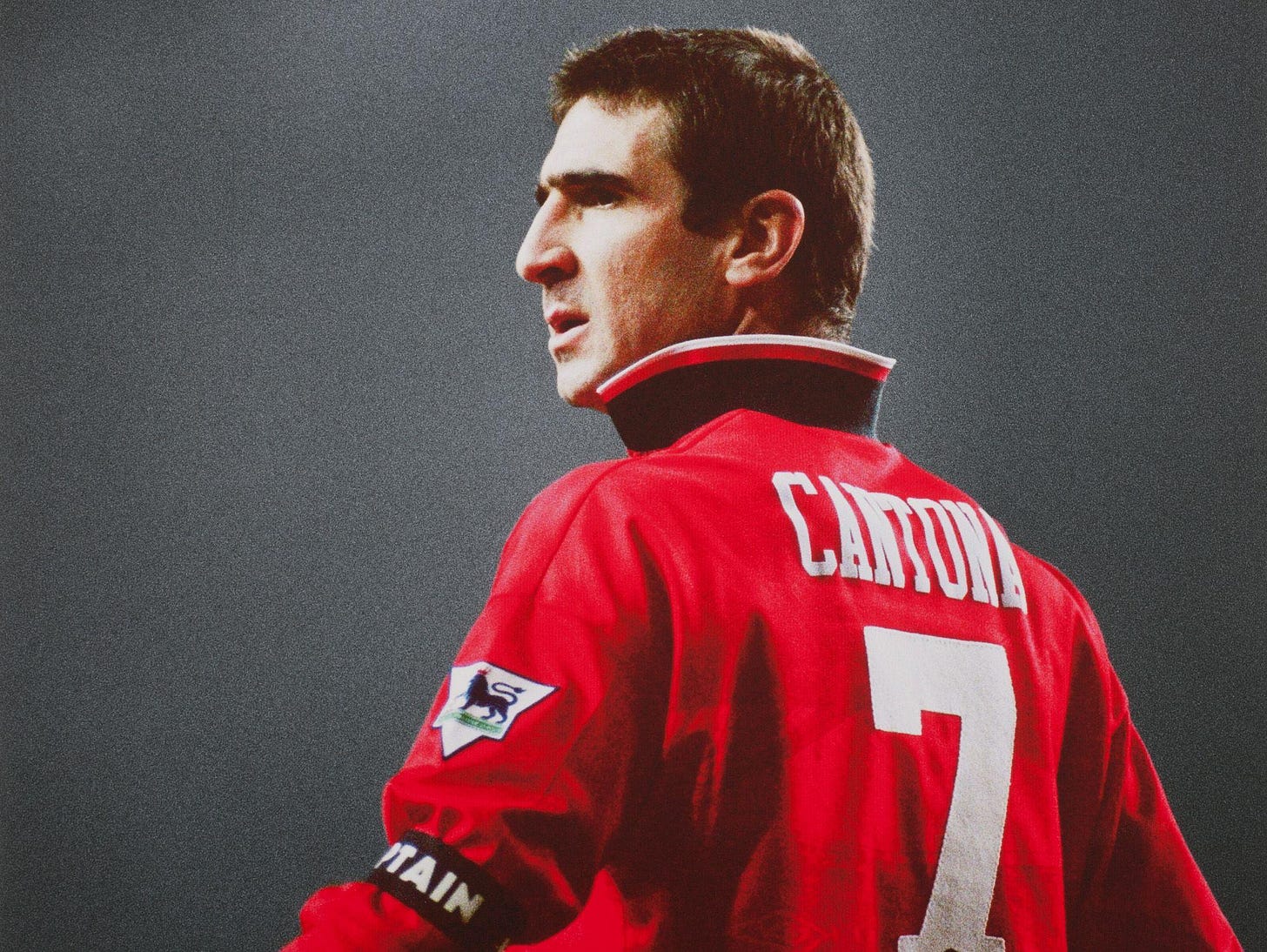
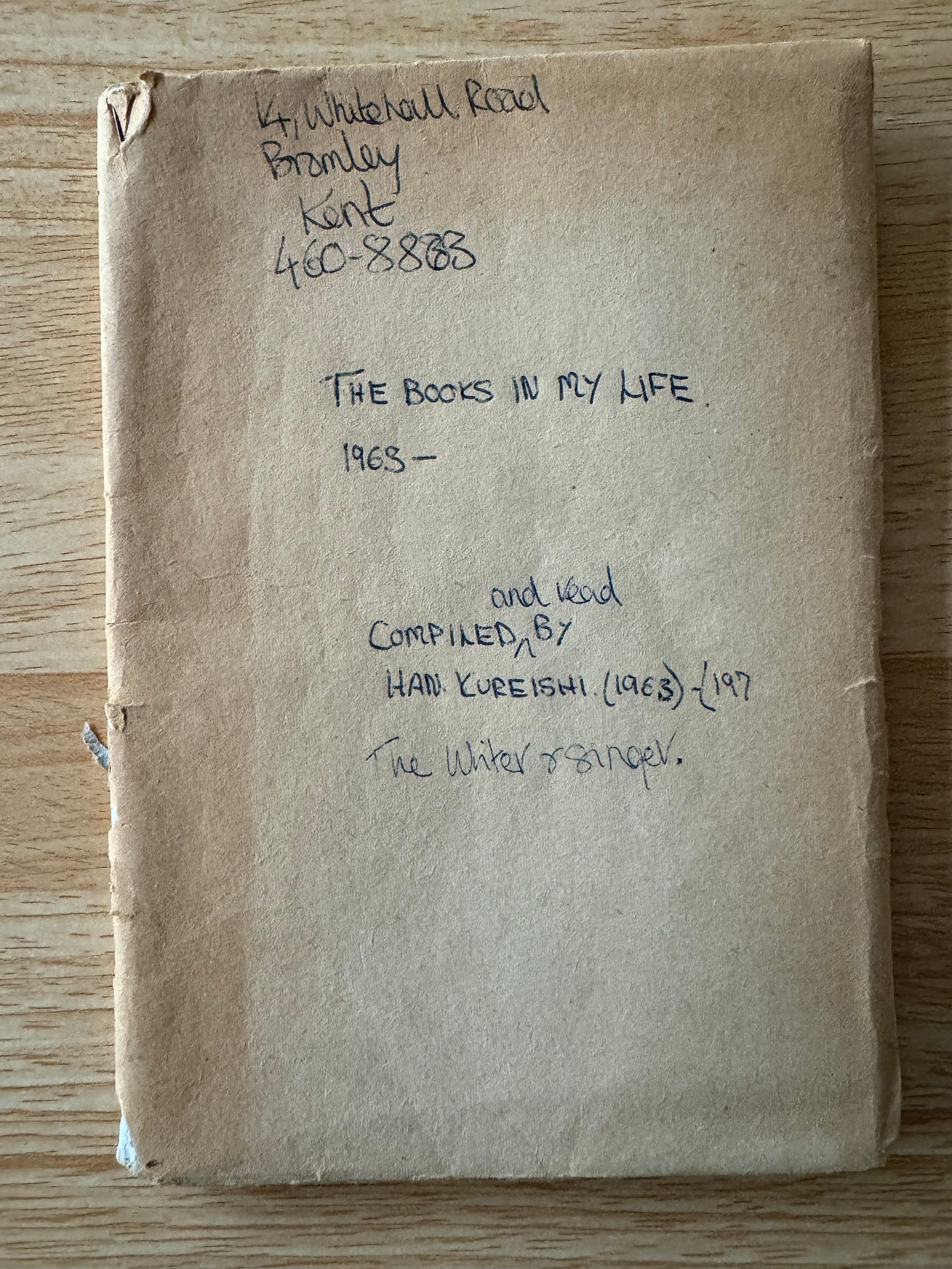
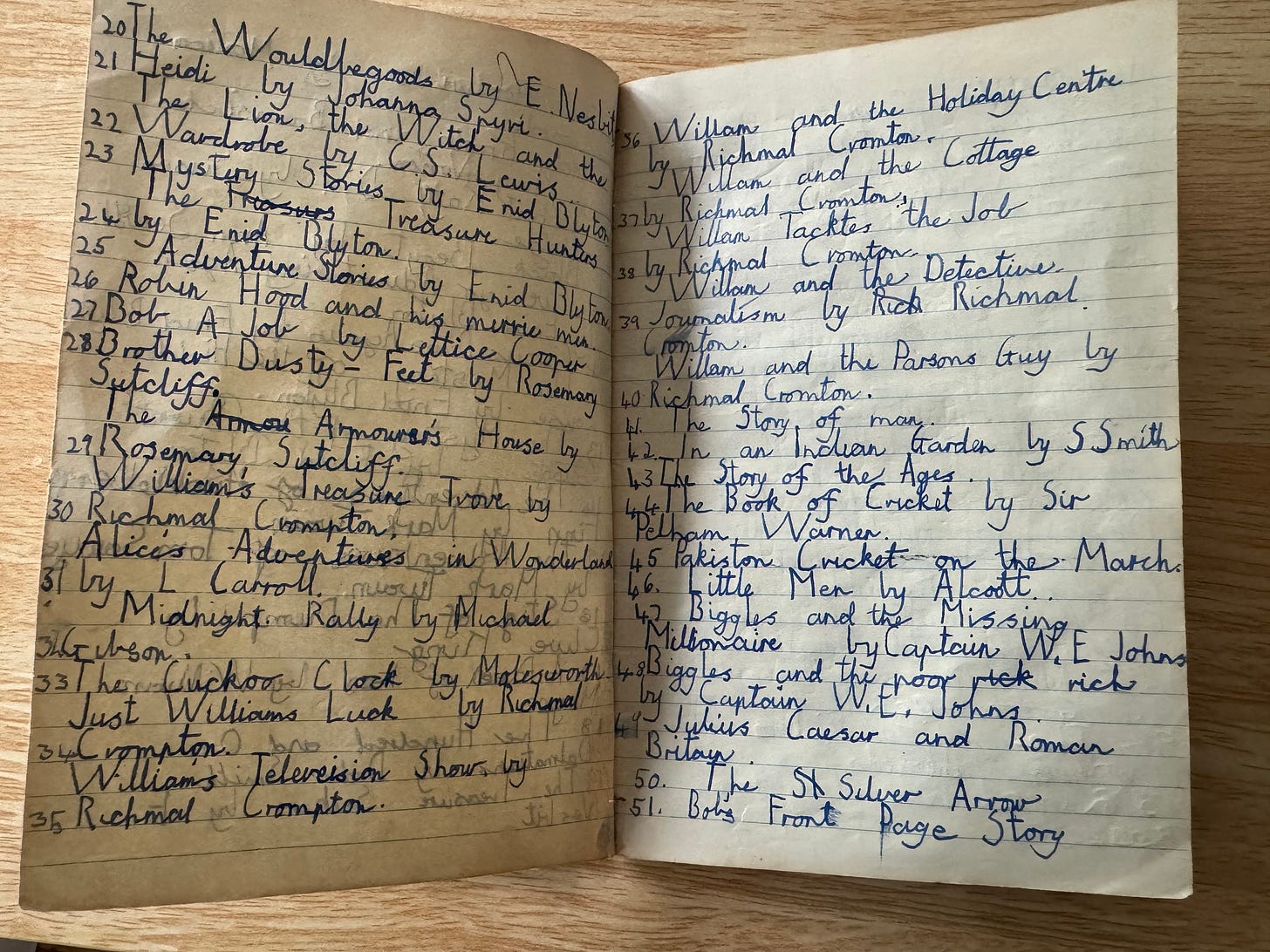
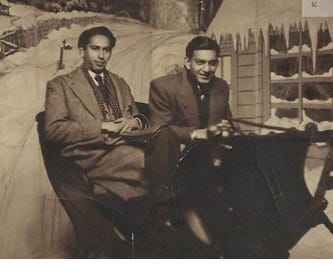
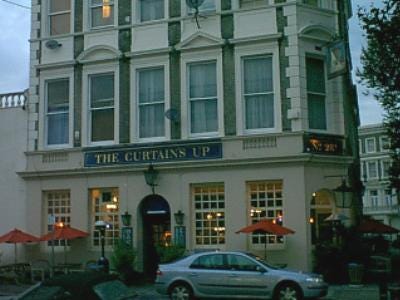
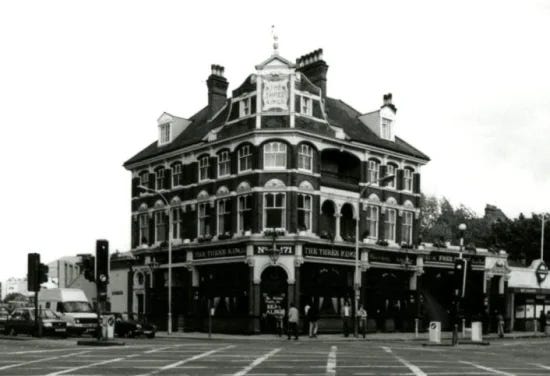
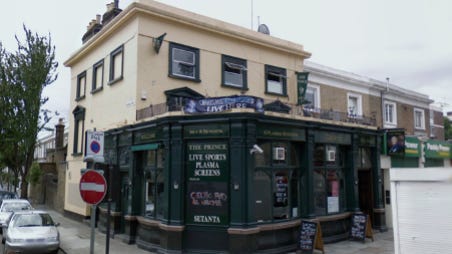
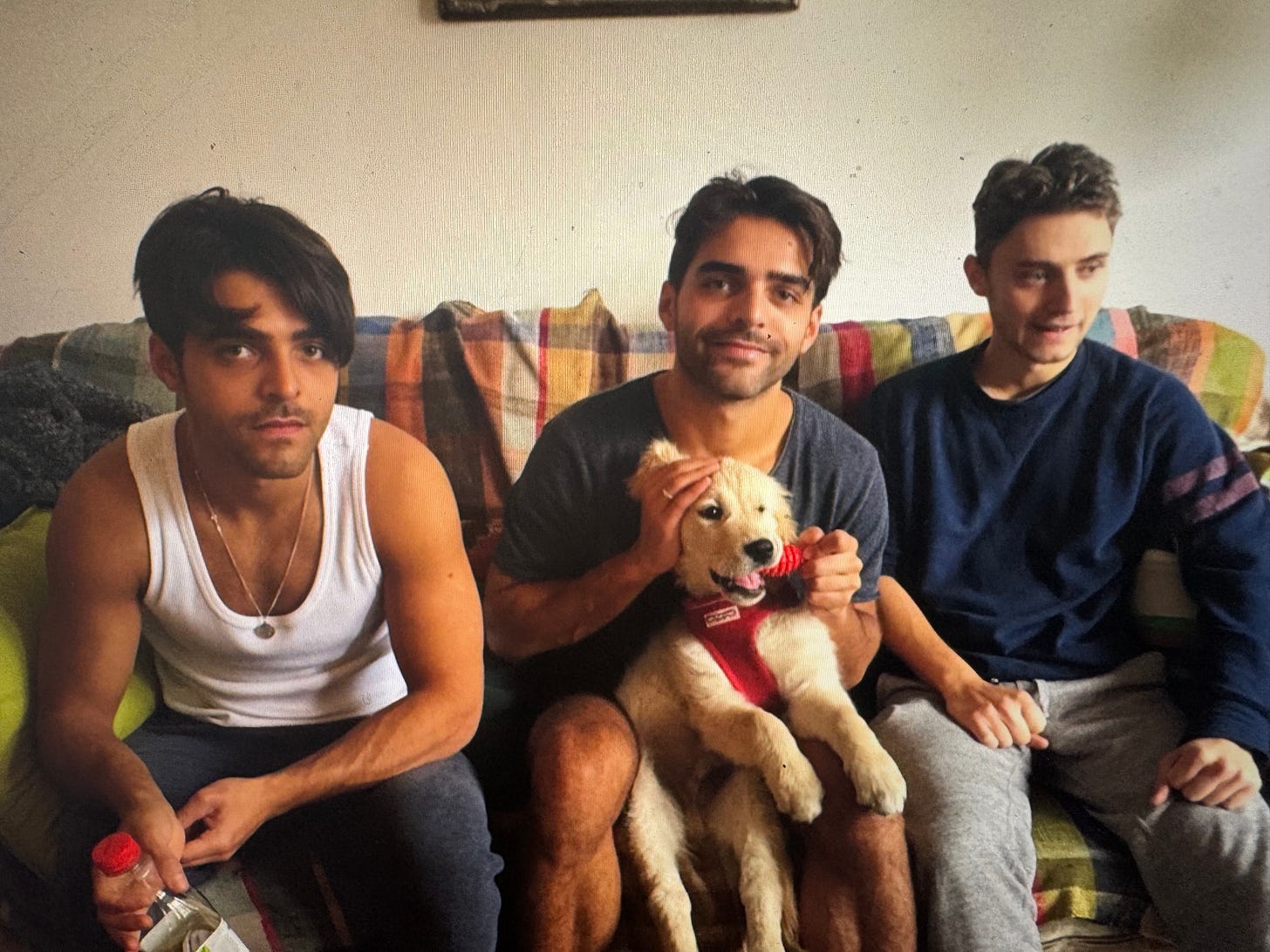
I truly love this piece, and I wasn't even going to read it because it's about sport and I know nothing whatsoever about sports like football other than what I know about all sports involving a ball, which is: watch out! It goes to show very beautifully precisely why no path to excellence is duplicable. Your past, your family, your experiences all have created what we read, which reflects a great deal of who you are and what you experience- and it's all yours entirely. Writing is so odd, really. It's words, after all, and we all understand even the same words differently, yet there it is- a doorway. A doorway that has on one side the unique private space and on the other side the vastness of the world. And all of us in it. On one side or the other- and both. Wonderful.
I'm puzzled by your math. Surely at 35 pounds a year your dispatches cost less than you say and in fact cost only .67 pounds a week. A great buy either way!